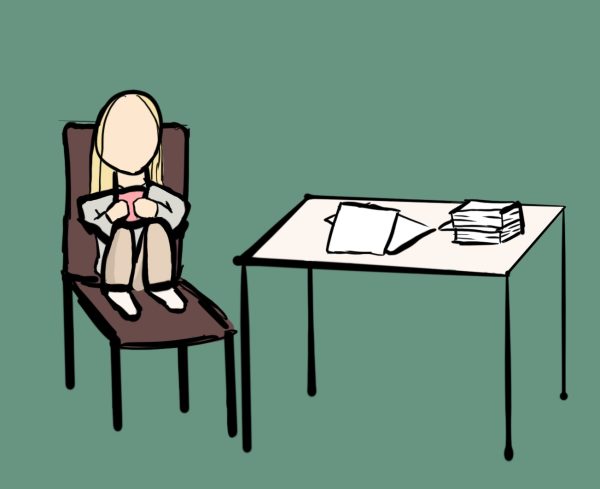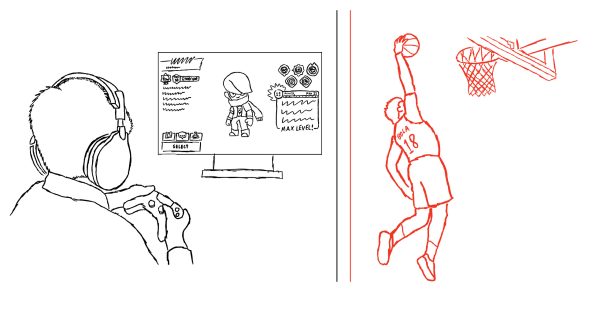Staff Editorial: Block schedule tumbles down for high schools
The method by which schooling is carried out has a grand effect on our college experience. If we are ill-prepared and offered basket weaving over integral calculus, we will surely fall short upon our arrival in college. Thus, one barbaric solution we are handed is the block schedule. The name is about as creative and intuitive as the structure: students are forced into four-period days, with each subject monopolizing almost double the traditional class time. It has been argued to be more “college prep” and less stressful on both parties, as teachers have less materials to grade and fewer lessons to plan, and the students are given more time for homework and even earlier exposure to a college lifestyle.
Despite all the positives oozing out of this idea, high schools are turning back, and here’s why. Block schedules are downright ludicrous. Some subjects are best learned with daily exposure, such as languages, mathematics and the fine arts, where constant reciting of principles solidifies abstract ideas and muscle memory. The schedule is analogous to alternating the days in which a child is completely mute while learning to speak. The time between exposures to a subject is simply too long, and by the time the child can order from a drive-thru window, he will be working there too.
Incoming freshmen, shakily learning to run with the pace of the world, are plopped in an hour and a half class and drilled with material, because by golly, the teacher won’t see them again for two days! There is no consideration for those students who might need a break between multiplication and imaginary numbers or who simply have not been trained to stay interested for an hour straight.
No one goes directly from grade school hours to a college schedule. There is a reason the high school workload grows with each passing year, and it is not because the faculty begins to despise you. It is so that you are ready for college, so that you are prepared. The goal should not be to see how much we can assimilate the high school experience to that of college but how much we can ready the students for that change. Thus, the key idea missing in the block schedule is that gradual change. One has to be baby-stepped into a system and taught to cope with its challenges; there is a serious difference between learning to operate a chainsaw by first reading a manual than by being taught on the job.
The general consensus states that it is considered unhealthy to simply jump into things that will affect your entire life. There is no care, no forward planning in the block schedule. It seems more of a break for the teachers, who should actually enjoy teaching classes rather than cringing at the sight of an unwritten lesson plan. If high school students are as green as they seem and their teachers are as interested as they should be, then there really isn’t a use for a schedule that completely shocks a system.
The only thing it seems to be doing is testing one’s memory and focus in class, which we cannot expect from students just entering high school. There is a reason why eighth graders aren’t told to study in the library until three and become addicted to caffeine. There is also a time and place for every transformation, and the one to completely assimilate college life should not come the moment one enters high school. The only blocks we should see are those building up to our senior years.







